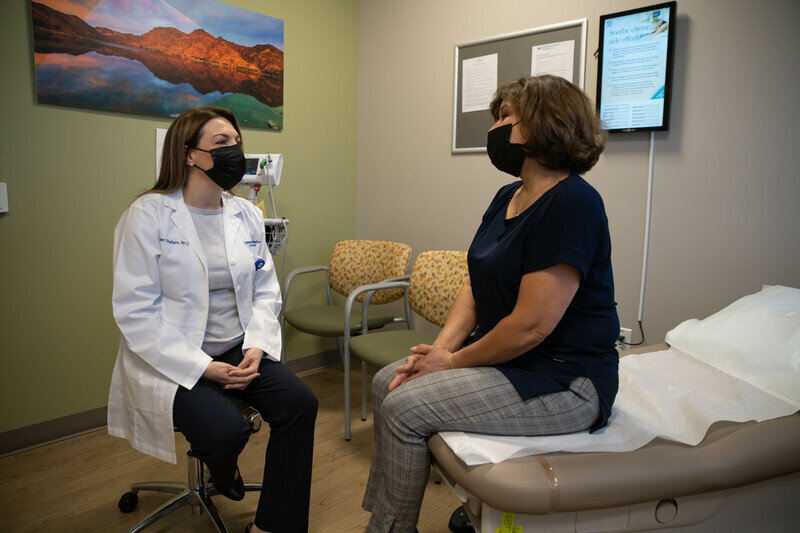A cardiologist specializes in diagnosing and treating conditions that affect the heart and blood vessels, helping patients maintain optimal cardiovascular health. Choosing the right cardiologist is fundamental for effective diagnosis, personalized treatment, and long-term heart care. Here’s more information on how to choose the right cardiologist to meet your heart health needs:
The Role of a Cardiologist
A cardiologist is a medical doctor who specializes in diagnosing and treating heart and blood vessel conditions. Cardiologists treat conditions such as high blood pressure, heart disease, arrhythmias, and vascular disorders. Some cardiologists also perform procedures like cardiac catheterization, angioplasty, and stent placement. Other cardiac specialists focus on specific areas, such as heart failure management, preventive cardiology, or pediatric heart conditions.
Reasons To See a Cardiologist
Your primary care physician may refer you to a heart specialist for various reasons. Common symptoms that warrant a cardiology consultation include chest pain, shortness of breath, irregular heartbeat, or unexplained fatigue. High blood pressure that is difficult to control also requires specialized cardiac care.
Certain test results may prompt a referral to a heart doctor. Abnormal electrocardiograms, elevated cardiac enzymes, or concerning imaging studies require specialized interpretation and evaluation. A cardiac specialist can determine if these findings indicate a heart condition requiring treatment.
A family history of heart disease increases your risk for cardiovascular problems. Cardiologists can assess your risk factors and recommend preventive measures to help reduce your risk. People with diabetes, high cholesterol, or a history of smoking also benefit from regular cardiac evaluations.
Factors in Choosing a Cardiologist
When choosing a cardiac specialist, several factors can help you receive quality care. Here are key factors to assess during the selection process:
- Board Certification: Verify that the cardiologist is board-certified in cardiovascular medicine. Other certifications in subspecialties, such as interventional cardiology or heart failure, may also be beneficial, depending on your specific needs.
- Experience: Contemplate the physician’s experience with your specific heart condition. Ask how frequently they treat patients with similar conditions or perform related procedures.
- Hospital Affiliations: Choose a cardiologist affiliated with hospitals that are recognized for their exceptional cardiovascular programs. If complex procedures are a possibility, prioritize facilities with robust cardiac surgery capabilities.
- Communication Style: During your consultation, they should clearly explain your condition and treatment options, address any questions you may have, and make themselves available to address any future concerns.
Taking these factors into account can help foster a productive relationship with your cardiologist.
Preparation for the First Visit
Gathering the necessary information and documentation before your appointment enables your cardiologist to provide the best care possible. Here are ways to prepare:
- Compile a list of your current medications, including their dosages and frequency of administration.
- Collect previous test results, such as electrocardiograms (ECG), echocardiograms, or cardiac catheterization reports, for review.
- Prepare a list of your symptoms, including the frequency and duration of each, as well as any activities that trigger or exacerbate them.
- Write down a list of questions you want to ask about your heart health and potential treatment options.
- Document your family history of heart disease, including relatives who have experienced heart attacks, strokes, or sudden cardiac death.
- Mention other medical conditions you have, as they may influence your heart health.
Being thorough in your preparation allows your cardiologist to better understand your condition and tailor a care plan suited to your needs.
Consult a Certified Cardiologist Today
Choosing the right cardiologist is a key step in managing your cardiovascular health. The right heart specialist will provide expert diagnosis, effective treatment, and ongoing support for your heart health needs. Contact a board-certified cardiologist in your area to schedule your consultation today.
